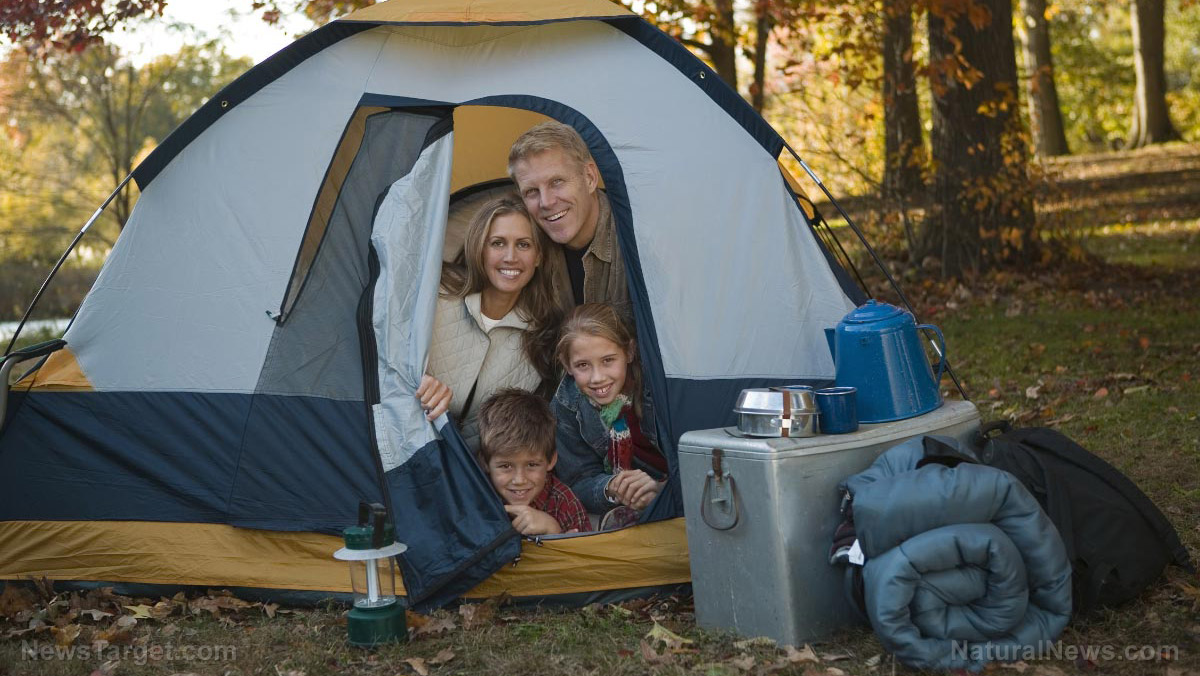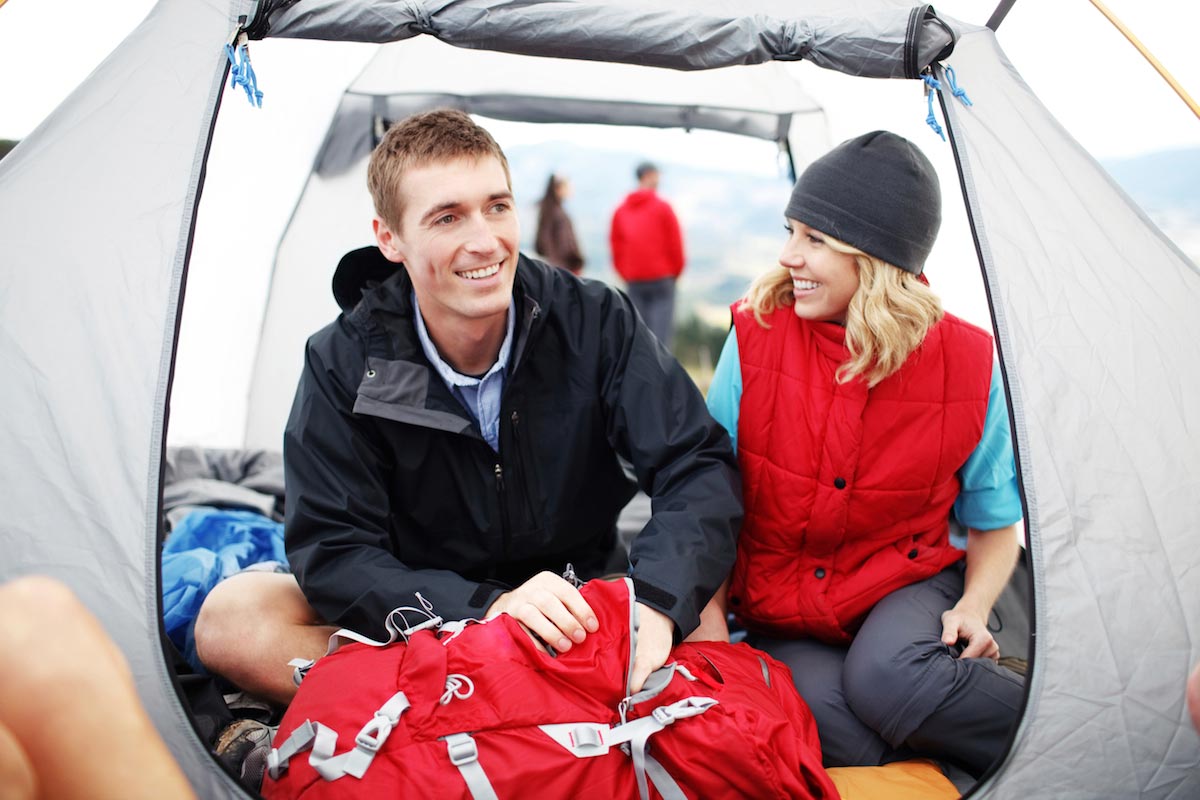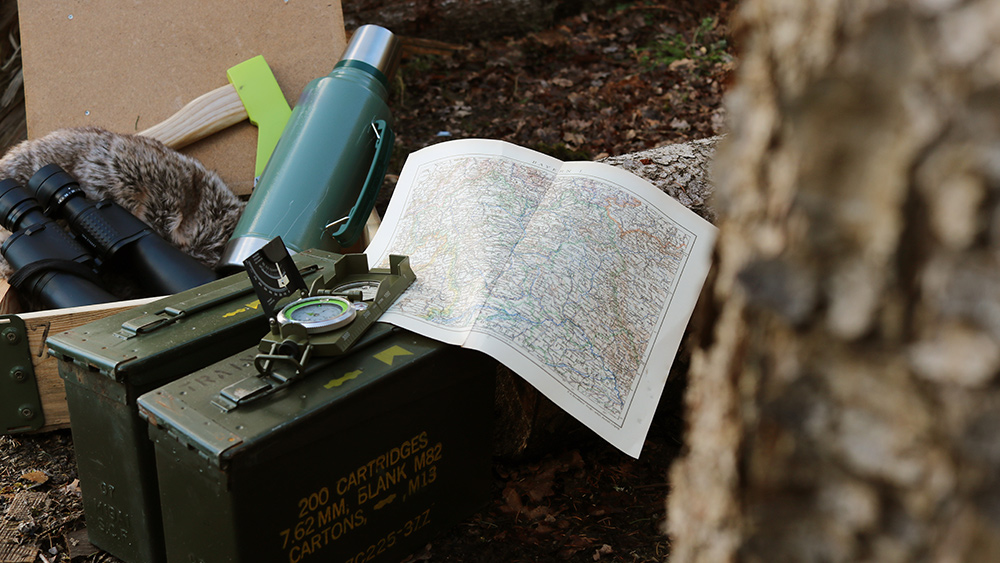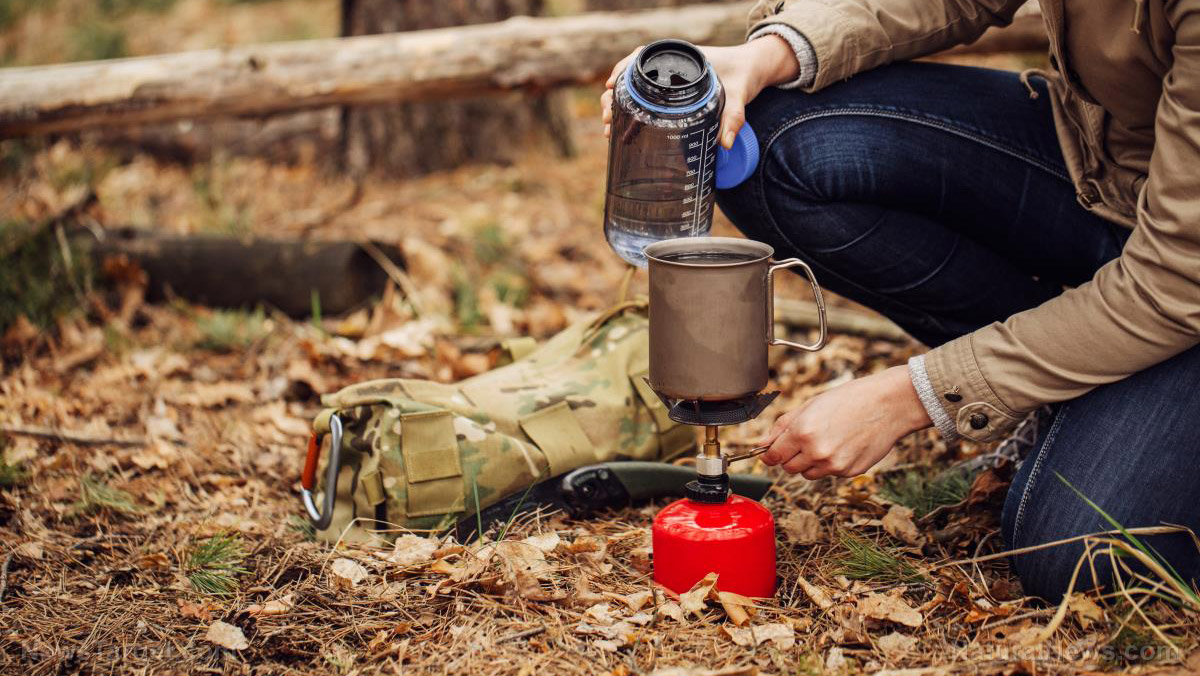Home // Home & Life
5 Common dangers to avoid in the wilderness
11/05/2017 // Zoey Sky // Views
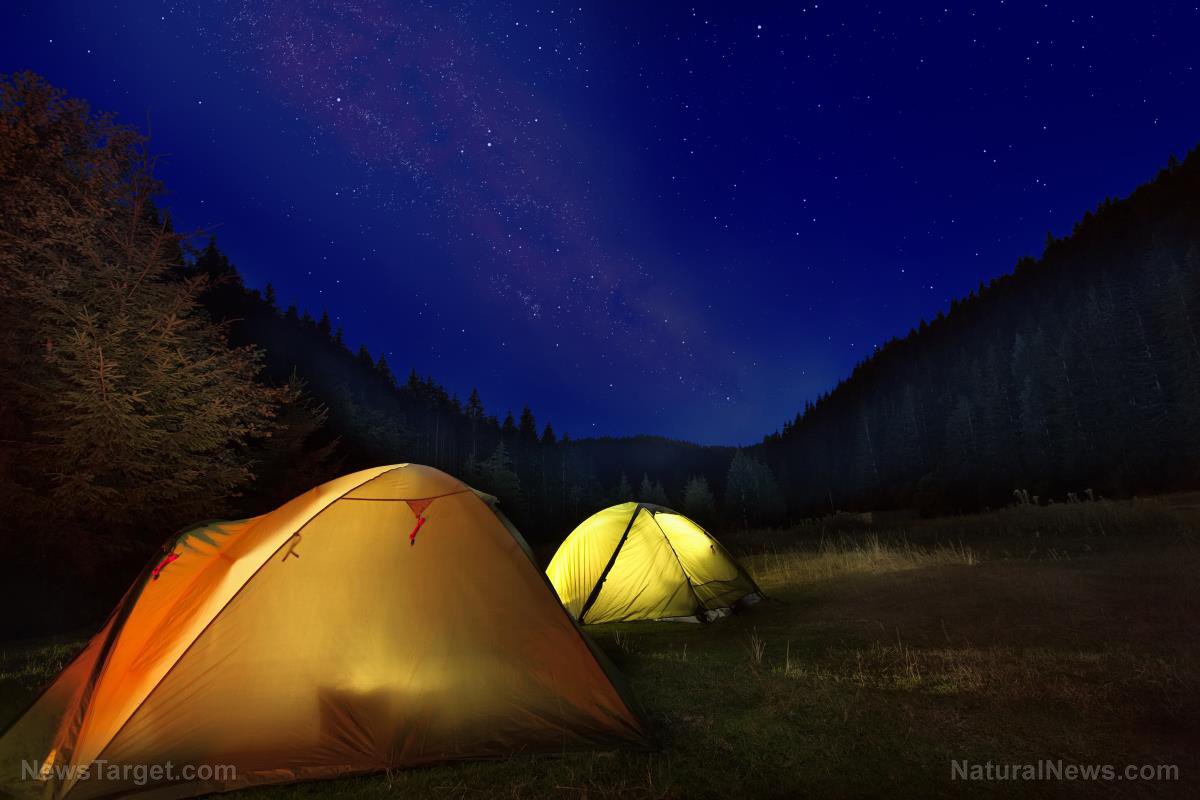
- Bears – Unlike Winnie the Pooh or Paddington, bears in the wild aren't as adorable and friendly. There are often bears that live in many popular camping areas all over the U.S. (e.g. Yosemite and Yellowstone) and Canada (Banff National Parks). Store your leftovers properly and avoid using any food or hygiene products with odors that can attract bears if you can. Before you go to sleep, store your leftovers and hygiene products in a bear canister or hang them from a tree that's 100 meters away from your camp. Take your meals in designated park eating areas, and if you see a bear, keep calm – stay where you are and do not approach it. Mother bears are extremely protective of their cubs, and they might attack when threatened. When hiking or camping within areas that have bear activity, make a lot of noise to alert them to your presence so they will stay away.
- Dangerous weather – Despite weather forecasts, you can't always tell what the weather will be like when you're outdoors. Prepare for extreme heat or cold, flooding, and lightning. Check the weather in your camping area for the whole day and take precautions for “cold summer nights, sudden downpours, or even sweaty hikes,” which can cause hypothermia even in summer. During the rainy season, set up camp away from moving water and don't stay in low-lying areas to avoid flash floods. If you “get caught in the rain, fall in a body of water, or even sweat considerably,” dry off as soon as possible and change into dry clothes then stay in a warm place and wrap yourself in blankets. In a lightning storm, stay away from lone trees and head to a depression in the terrain or a grouping of small trees near larger ones. In open fields, stay low and minimize contact with the ground. When faced with extreme heat, stay hydrated and drink at least one liter of water per hour. (Related: Camping: A great way to practice how to live after SHTF.)
- Fire hazards – A roaring campfire will cook your food and keep you warm, but an untended one can cause trouble. Don't forget to build your fire properly so that it doesn't spread and hurt you and damage your campsite. Build your campfire so that it's a safe distance from your tent. Even though you own a tent made of flame retardant material, it can still burn. If you have flammables like dry paper and liquid with you, keep them away from the fire. Use rocks to create a non-flammable barrier around your fire.
- Insects – Ticks and mosquitoes carry diseases like malaria and Lyme disease. Use organic insect repellents. Reapply the repellent often if you’re sweating or in the water. Check yourself for ticks before turning in for the night. If you find one burrowed into your skin, remove it immediately and consult your physician right away.
- Plants and berries - If you're not familiar with wild berries and plants, don't eat them. Avoid contact with wild plants since some of them can badly irritate your skin.
Additional camping tips
If you're looking for more camping tips to ensure your safety while exploring the great outdoors, here are some suggestions:
- Always bring a map – While a Global Positioning System (GPS) is often handy, it might not always get a signal in the wild. Keep a map of wilderness with you at all times in case your GPS can't help you.
- Bring a first aid kit – A first aid kit with antibacterial ointment and bandages will let you tend to any cuts or scrapes you may get when camping.
- Use propane stoves properly – These stoves make it easier to cook your food, but use them wisely. Never leave a propane stove unattended.
You can read more articles on how to prepare yourself before exploring the outdoors at Survival.news.
Sources include:
Latest News
Related News
06/27/2022 / By Divina Ramirez
02/25/2022 / By Zoey Sky
09/10/2021 / By Zoey Sky
07/16/2021 / By Arsenio Toledo
06/23/2021 / By Divina Ramirez
06/21/2021 / By Zoey Sky
Take Action:
Support Natural News by linking to this article from your website.
Permalink to this article:
Copy
Embed article link:
Copy
Reprinting this article:
Non-commercial use is permitted with credit to NaturalNews.com (including a clickable link).
Please contact us for more information.
Please contact us for more information.
















